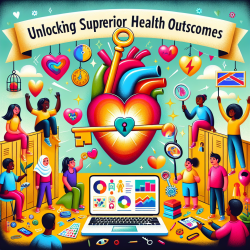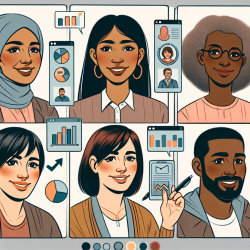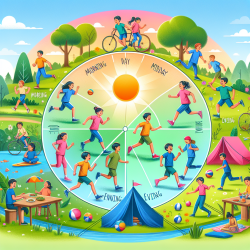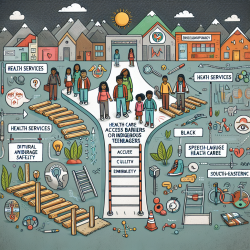As practitioners dedicated to the well-being of children with intellectual disabilities (IDs), it is essential to stay updated on the latest research and best practices. A recent study titled A Dutch Perspective on Two Health Related Issues Regarding Children and Adolescents with Intellectual Disabilities offers valuable insights that can enhance your practice and improve outcomes for your young clients.
Specialized ID Physicians: A Unique Approach
The Dutch model introduces a specialized medical role known as the ID physician, who is trained to provide comprehensive, multidisciplinary care to individuals with IDs. This role is critical in managing the complex health needs of children and adolescents with IDs. These specialized physicians collaborate with a network of healthcare professionals, including pediatricians, neurologists, psychologists, and speech therapists, to ensure holistic care.
Key Takeaways for Practitioners:
- Emphasize a multidisciplinary approach to address both somatic and psychological issues.
- Ensure smooth transitions from pediatric to adult care by involving specialized ID physicians in the planning process.
- Adopt a life-course perspective to anticipate and manage health issues as children with IDs grow into adulthood.
Adverse Childhood Experiences (ACEs) and Trauma Informed Care
The study highlights the significant impact of adverse childhood experiences (ACEs) on children with IDs. These experiences can lead to severe behavioral and health problems, necessitating a trauma-informed approach to care. The research underscores the importance of recognizing and mitigating the effects of ACEs through protective and compensatory experiences (PCEs).
Key Takeaways for Practitioners:
- Implement trauma-informed care (TIC) to create a supportive environment that addresses the root causes of behavioral issues.
- Focus on building resilience through positive experiences and stable, nurturing relationships.
- Collaborate with families to create a safe and supportive home environment, essential for the child’s recovery and development.
Practical Implementation: Case Study Insights
The research provides a compelling case study of a 15-year-old girl with severe IDs who benefited from the intervention of a specialized ID physician. The physician’s holistic approach, which included medical, psychological, and family support, led to significant improvements in her health and well-being. This case illustrates the importance of a coordinated, multidisciplinary approach in managing complex cases.
Key Takeaways for Practitioners:
- Use case studies as learning tools to understand the practical application of multidisciplinary care.
- Regularly consult with a network of specialists to address the multifaceted needs of children with IDs.
- Engage families in the care process to ensure a comprehensive support system for the child.
Conclusion
Integrating the insights from this Dutch research into your practice can significantly enhance the quality of care you provide to children with IDs. By adopting a multidisciplinary approach, focusing on trauma-informed care, and involving families, you can create a supportive environment that promotes better health outcomes.
To read the original research paper, please follow this link: A Dutch Perspective on Two Health Related Issues Regarding Children and Adolescents with Intellectual Disabilities.










